我們支持每個人在線免費知識的權利。
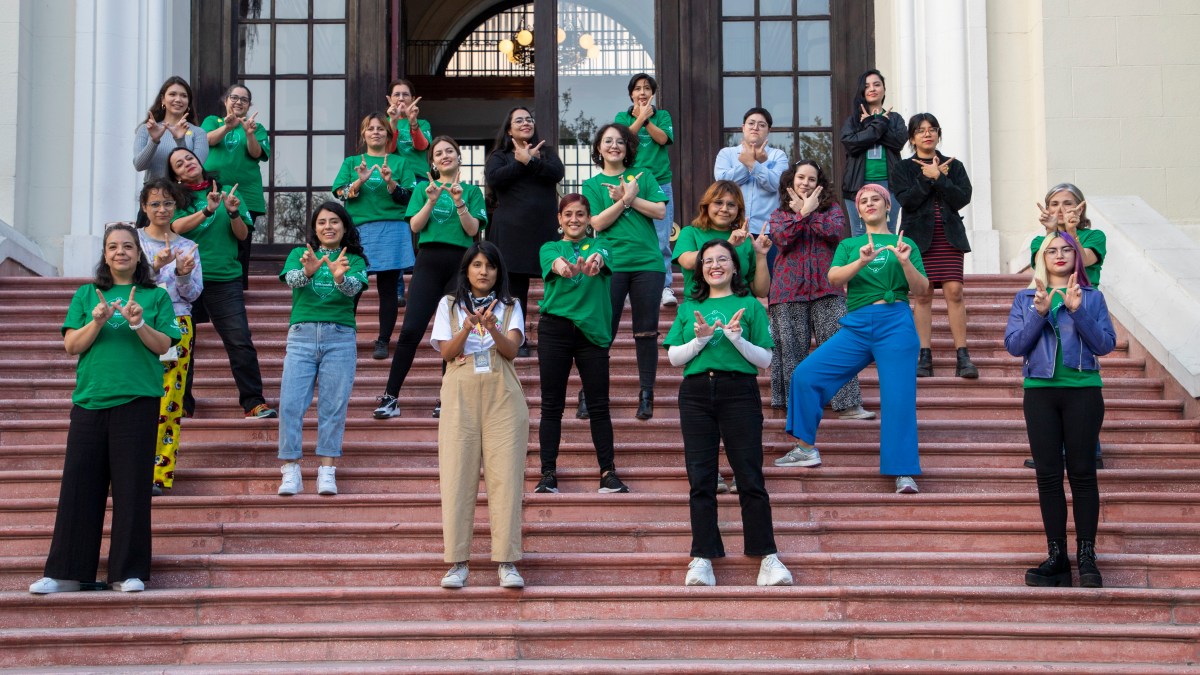
我們保護用戶的隱私和言論。 我們教育政府和決策者關於免費和開放互聯網的重要性。 無論地點或環境如何,每個人都有權尋求和分享知識。
Defending free expression
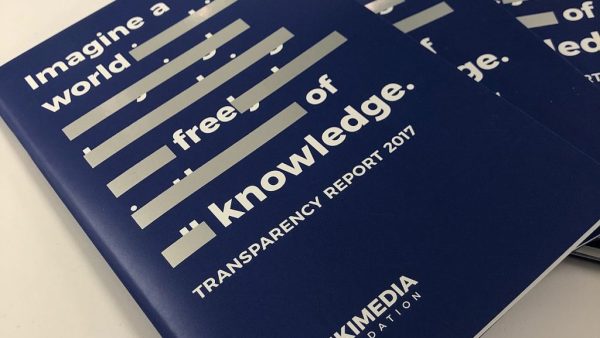
We defend everyone’s right to access free knowledge. We protect free expression rights; oppose government-imposed censorship; and educate governments, regulators, and lawmakers to defend people’s right to access and share knowledge globally.
Advancing better internet regulations
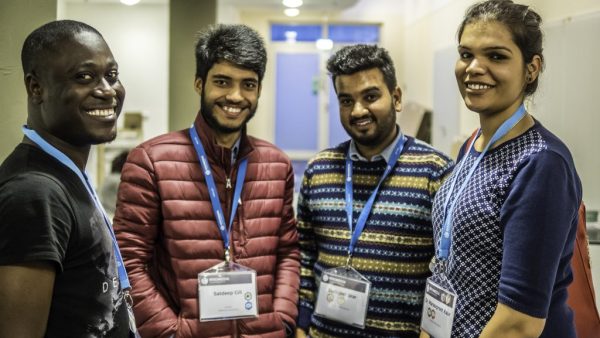
We help lawmakers support the right of online platforms and communities to create and share knowledge. We advocate laws that protect our ability to host content that Wikimedia volunteers share and edit. We are transparent about how we handle government demands to remove content or share data.
Promoting open copyright licenses
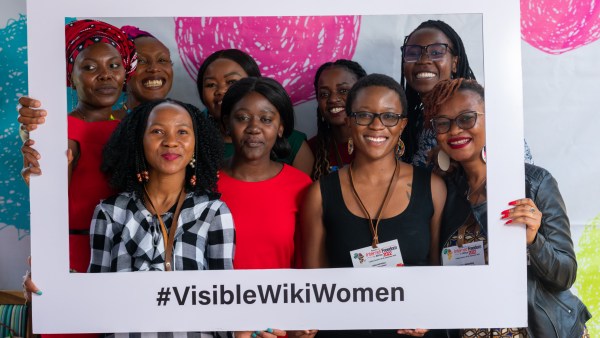
Creating and remixing content is vital for Wikimedia projects. We support copyright laws that promote a strong public domain and enable the use of free and open licenses so Wikimedia volunteers can contribute to knowledge broadly.
Upholding human rights
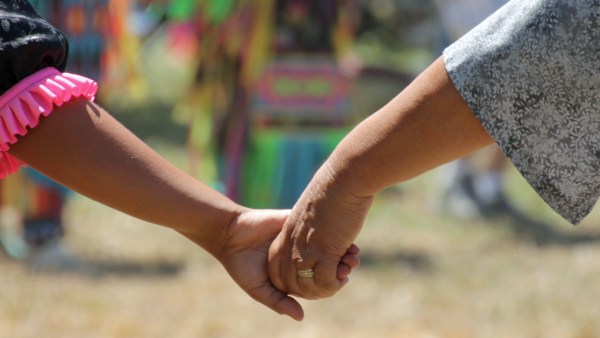
Volunteers may face surveillance, harassment, and retaliation for their work on Wikimedia projects. We defend their human rights, and we work to promote a safe online environment to create and share knowledge.
Protecting privacy

Privacy enables people to engage and share knowledge freely, without fear of someone watching their online lives. We defend everyone’s right to privacy and challenge mass surveillance.
Fighting disinformation
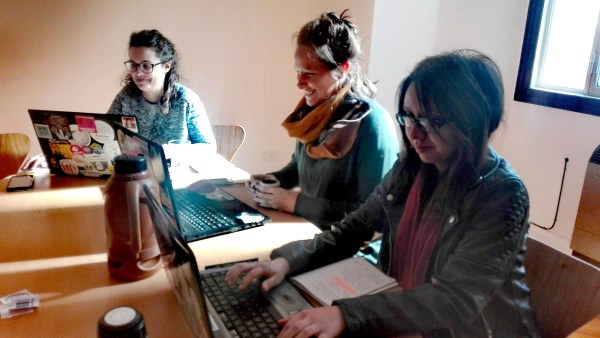
We stand for the right of everyone, everywhere to participate in free knowledge. In early 2022, when sanctions were imposed against the Russian government for invading Ukraine, we worked with our partners to make sure the Russian people could continue to access the open internet.
Learn more about our work, including research initiatives and how to get involved.
Stay up-to-date by following us on Linkedin, reading our monthly public policy and advocacy recap, and joining our mailing list. For quarterly insights, be sure to subscribe to our newsletter.
最新動態
看看我們的其他工作

維基媒體基金會敦促中國解除對維基百科的封鎖
維基媒體基金會已經確定,身處中華人民共和國的用戶不再能夠訪問維基百科。這次封鎖影響超過13億的讀者,學生,專業人士,研究人員等。他們無法再訪問這些資源,或與世界分享他們的知識和成就。我們目前沒有收到任何消息或解釋,為什麼這次維基百科於中國大陸被封鎖,以及其成因。 根據我們的內部流量報告,目前於中國大陸所有語言版本的維基百科都被封鎖,而大多數其他維基媒體項目,例如維基共享資源,一個擁有5300萬個免費許可媒體文件的網站,仍然可用。自2004年6月開始,維基百科在中國大陸被間歇性地封鎖,而自2015年6月開始,中文維基百科在中國大陸被封鎖,而大多數其他語言的維基百科仍然可用,直至上週我們發現所有語言版本的維基百科都被封鎖。 自由地和開放地獲取知識是一項基本人權。中國大陸對於維基百科的封鎖,以及早前在土耳其強對於維基百科的封鎖,都顯然違反了這一權利,阻礙了世界各地收集和分享知識的能力。當一個國家,地區或文化無法加入維基百科上的全球對話時,整個世界的知識就會變得貧乏。 維基媒體基金會一直致力讓所有人可以於全球各地自由訪問,分享和參與維基百科的知識。我們對中國當局進一步限制互聯網自由的決定感到遺憾,並敦促他們恢復對維基百科的訪問權利。

幫助我們釋放世界的知識。
作為一個非營利組織,維基百科和我們相關的免費知識項目主要通過捐贈來實現。
照片來源
Jason Krüger for Wikimedia Deutschland e.V.